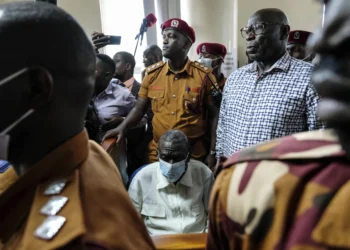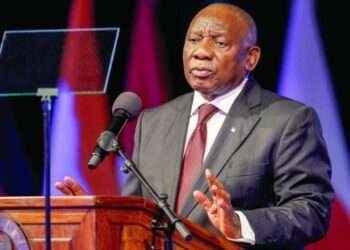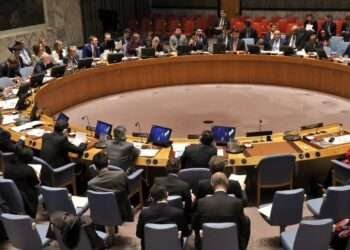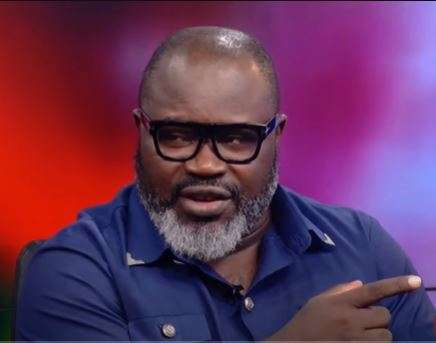Congo greatly boosted its battle against the ongoing mpox outbreak as 50,000 vaccine doses from the United States arrived on Tuesday, September 10. This delivery marks the second significant batch in just a week, following a previous shipment from the European Union.
The U.S.-donated doses, part of the JYNNEOS vaccine, are manufactured by Bavarian Nordic, the Danish company responsible for producing the mpox vaccine.
Cris Kacita Osako, the coordinator of Congo’s Monkeypox Response Committee, announced that the vaccination campaign will officially begin on October 2, starting in three of the hardest-hit provinces — Equateur, South Kivu, and Sankuru. Priority will be given to adults in these regions, where the outbreak has been most severe.
The first batch of mpox vaccines, comprising 100,000 doses, arrived last week in Kinshasa, the capital of Congo and the epicenter of the ongoing outbreak. These doses were donated by the European Union through its Health Emergency Preparedness and Response Authority (HERA).
Over the weekend, another 100,000 doses were delivered, with Congo now receiving a total of 250,000 doses to help curb the spread of the virus.
Only a Fraction of What’s Needed
Despite this significant support, the 250,000 doses are a small portion of the 3 million vaccines authorities have said are needed to bring the outbreak under control. Congo remains at the heart of a global mpox health emergency, and while EU countries have pledged an additional 500,000 doses, the timeline for their delivery remains unclear.
Since the start of 2024, the African continent has seen 5,549 confirmed mpox cases, with 643 deaths. Congo, however, accounts for 91% of all reported cases, making it the most affected country by far.
Burundi follows closely behind. The majority of infections in Congo and Burundi have been seen in children under the age of 15, raising concerns about the virus’s impact on younger populations.
Plan Launched to Tackle Outbreak
In response to the escalating crisis, the Africa Center for Disease Control and Prevention (Africa CDC) and the World Health Organization (WHO) launched a continent-wide response plan. This comes just three weeks after the WHO declared the outbreaks in 12 African countries a global health emergency.
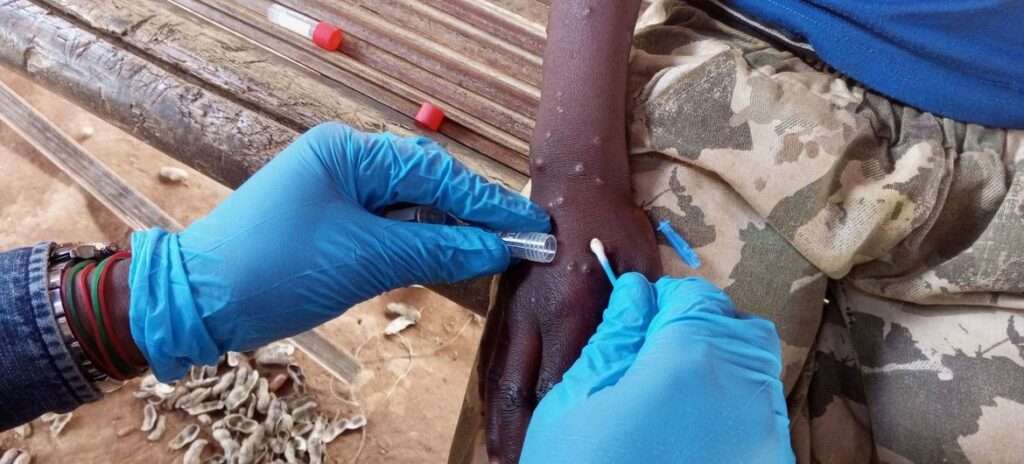
Congo recently issued emergency approval for the JYNNEOS vaccine, which has already been used in adults across Europe and the U.S. For now, the vaccination campaign in Congo will prioritize adults who have been in close contact with infected individuals, including sex workers. “The rollout will target adults first, especially those at high risk,” said Africa CDC Director-General Dr. Jean Kaseya during a press conference last week.
A review by the European Medicines Agency is currently underway to determine whether the JYNNEOS vaccine can be administered to children aged 12 to 17. If approved, children could start receiving vaccinations by the end of the month, according to HERA Director-General Laurent Muschel.
Looking ahead, the next batch of mpox vaccines is expected to come from Japan, with authorities indicating that it could arrive as early as this weekend. Kacita Osako, however, did not specify the number of doses that would be included in this shipment.
As Congo continues its fight against mpox, the arrival of vaccines from the U.S. and other international partners represents a critical step forward. However, with millions of doses still needed, the country’s battle against the virus is far from over.
READ ALSO: Afari-Gyan Calls For Action Against Baseless Petitions



